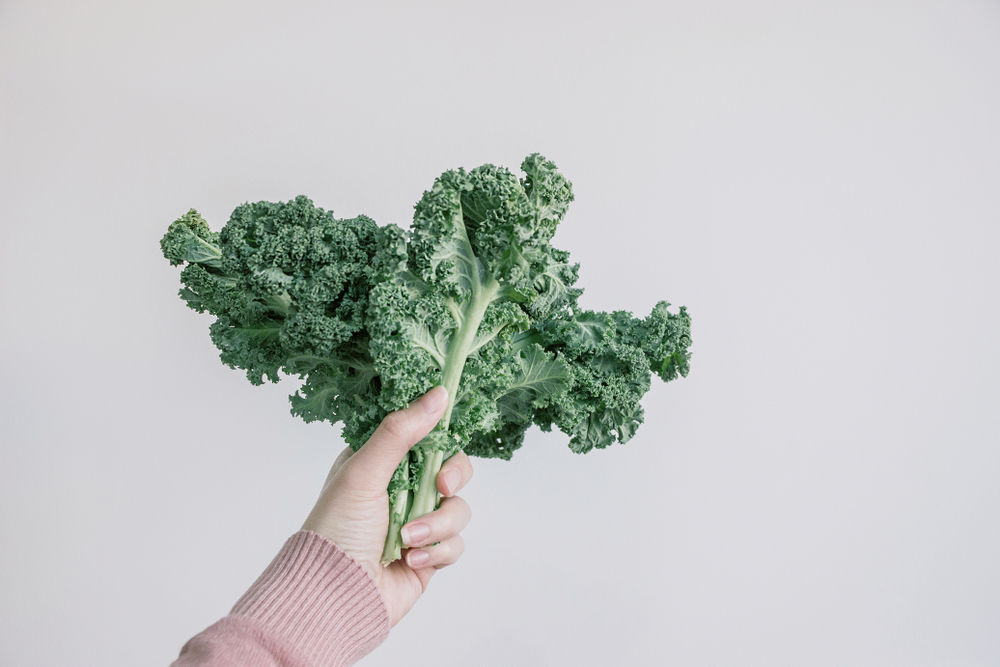According to the U.S. Department of Health & Human Services, one in every 10 women of childbearing age has PCOS, or Polycystic Ovary Syndrome. Luckily more women are starting to talk about their experiences, and how they find relief and even recover from PCOS. You might be surprised to learn that your dietary choices can have a huge impact on this condition. Some make PCOS worse and some bring relief. And here are five foods that you should always avoid if you suffer with PCOS.
The root problem of PCOS is hormonal imbalance, and food plays a huge role in restoring balance to a woman’s hormones. And apart from common aggravates, like sugar and dairy, there are other foods to avoid.
Some plant-based cooking oils
There are good fats and bad fats, and some plant oils, like canola, sunflower, peanut and corn oil should be avoided. That’s because they contain too much omega-6 fatty acids, and not enough omega-3 fatty acids. This can lead to inflammation in the body, and acerbate PSOC symptoms.
Red meat
Eating too much red meat can increase the amount of homocysteine in the body, and that lead to an increase in PCOS symptoms. Another reason why high protein, meat-heavy diets are discouraged is because they make it more difficult for your body to reduce testosterone and get back to normal levels.
Artificial sweeteners
Fake sugars make it more difficult for our taste buds to sense naturally occurring sugar in fruits and vegetables. Plus, by not consuming enough whole foods, like fruits and veggies, we make it more difficult for the liver to do its job and eliminate excess estrogen.
Soy
In place of dairy, women opt for soy. But it contains something called plant estrogen. And by consuming this form of estrogen, it throws of your body’s own estrogen production.
Raw kale
Kale is one trendy health food, and there’s nothing wrong with eating it – along with other cruciferous veggies that help to detox the body of excess estrogen. But always make sure it’s cooked. Otherwise, you consume goitrogens which interfere with thyroid function.




